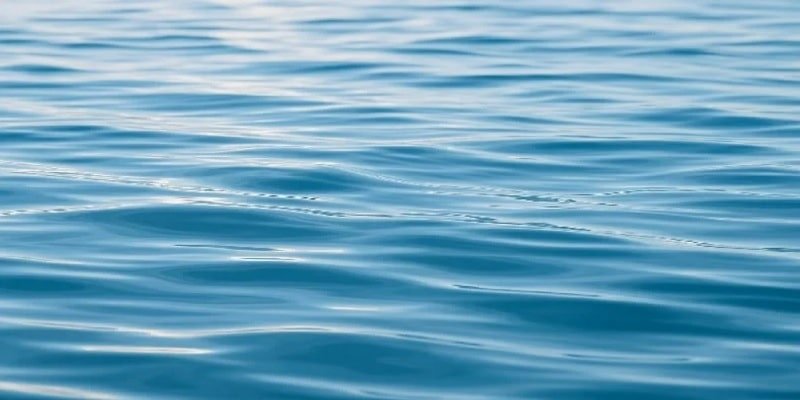10 Lines on Water: Water is one of the most important resources on Earth. It is essential for all living things – humans, animals and plants. Without water, life would not exist. We use water for drinking, cooking, cleaning, farming and much more. It is important to save water and keep it clean. Here are three sets of 10 lines about water, written for different class levels (1st to 10th class), along with some frequently asked questions.
(10 Lines on Water)
Set 1. For Class 1-3
1. Water is a clear and tasteless liquid.
2. We drink water every day to stay healthy.
3. Animals and plants also need water to survive.
4. Water comes from rain, rivers, lakes and taps.
5. We use water for bathing, washing clothes and cooking.
6. We should not waste water by leaving the tap open.
7. Clean water helps us to stay away from diseases.
8. Water can be in three forms: solid (ice), liquid and gas (steam).
9. We should always drink clean and safe water.
10. Saving water is important for our future.
***************************************************
Set 2. For Classes 4-6
1. Water is necessary for the survival of all living organisms.
2. About 71% of the earth’s surface is covered with water.
3. Only a small percentage of water is fresh and drinkable.
4. Water is used in agriculture to grow crops and vegetables.
5. Rivers, lakes and underground wells are the sources of water.
6. Pollution makes water dirty and harmful to drink.
7. We should conserve water by fixing leaks and using it wisely.
8. The water cycle shows how water travels from the Earth to the clouds and back.
9. Boiling and filtering water makes it safe to drink.
10. Life on Earth would not be possible without water.
***************************************************
Set 3. For Classes 7-10
1. Water (H₂O) is a molecule made up of two hydrogen atoms and one oxygen atom.
2. It is found in three states: solid (ice), liquid (water), and gas (vapor).
3. There is a shortage of freshwater – only 2.5% of the Earth’s water is drinkable.
4. Water pollution from chemicals and waste harms aquatic life and humans.
5. The water cycle includes evaporation, condensation, and precipitation.
6. Groundwater is stored in aquifers and is a major source of drinking water.
7. Climate change is affecting water availability through droughts and floods.
8. Water conservation methods such as rainwater harvesting can help save water.
9. Many countries face water shortages due to overuse and mismanagement.
10. Sustainable use of water is important for the survival of future generations.
Conclusion
Water is precious and we must use it wisely. Whether you are a young student or a high school student, understanding the importance of water helps us save it. Let us all work together to save water and keep our planet healthy!
FAQs.
Question 1: Why is water important?
Answer: Water is important for drinking, agriculture, sanitation, and all life forms.
Question 2: How can we save water at home?
Answer: Fix leaks, turn off taps when not in use, take shorter showers and reuse water when possible.
Question 3: What causes water pollution?
Answer: Industrial waste, sewage, plastics and chemicals contaminate water sources.
Question 4: What is the water cycle?
Answer: It is the process in which water evaporates, turns cloudy and falls back as rain or snow.
Question 5: Can we drink seawater?
Answer: No, seawater is salty and is not safe to drink unless it is desalinated.
Question 6: How much water should we drink every day?
Answer: About 2-3 liters (8-10 glasses) to stay hydrated.
Question 7: What are the effects of water scarcity?
Answer: Drought, crop failure, health problems and conflicts over water resources.
Question 8: How does water help the environment?
Answer: It supports ecosystems, regulates climate and maintains biodiversity.


